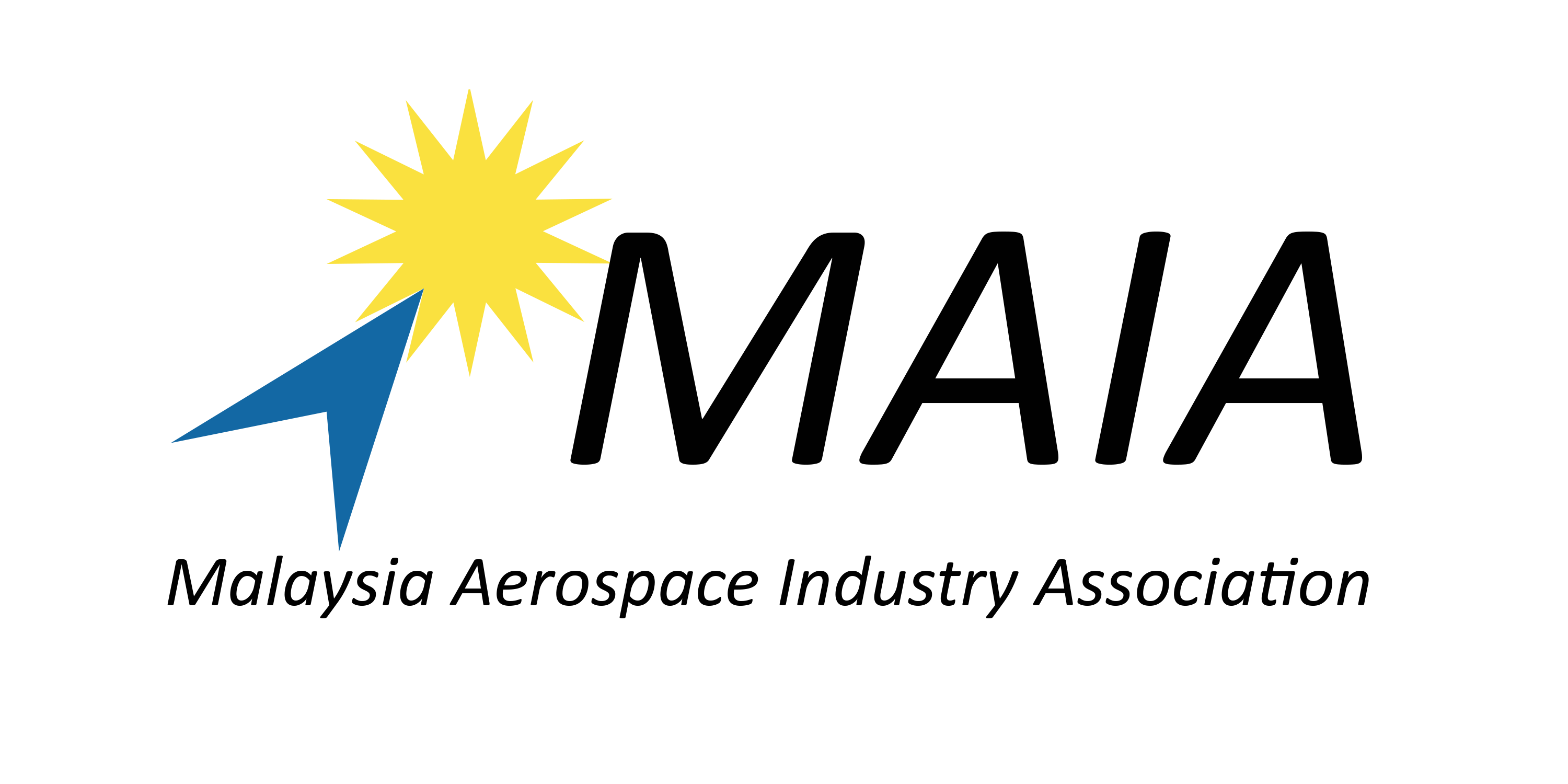Airbus, Safran Strive To Toughen Supply Chain
Airbus, Safran Strive To Toughen Supply Chain
June 13, 2024
PARIS—Airbus is considering a way to secure steel provision for its suppliers, and Safran has decided it needs to build a new factory, as opposed to relying on its U.S. suppliers to increase turbine blade production, company officials said June 13 at the Paris Air Forum.
Crises affecting the supply chain are happening one after another. The moves by the airframer and the engine manufacturer illustrate their all-out effort to make their supply chains more resilient and reliable.
For aluminum and titanium, Airbus secures a quantity and price from metal providers, Airbus Commercial Aircraft COO Florent Massou said. Airbus’ suppliers then purchase from that defined amount according to their needs. The scheme is called conbid.
“We envisage to do the same for steel,” Massou said. “There is a steel crisis, and 250 nuances of steel can be found in an Airbus aircraft.”
In Rennes, western France, Safran broke ground on a new foundry facility, dubbed Safran Turbine Airfoils, in February. From 2027, Safran plans for the facility to contribute to M88 and Leap turbine blade manufacturing. Production rate variations at U.S.-headquartered Howmet Aerospace and Precision Castparts Corp. will thus have less of an impact on those programs.
“We insourced that production in a context of growing demand for defense hardware,” said Marjolaine Grange, group head of industry, procurement and performance for Safran. “Some regions activate ‘defense passes,’ meaning that we do not have priority when we procure from those regions. This is a sovereignty issue, and it does not only show in defense products, it also impacts our commercial products.”
The situation challenges the degree to which Safran can rely on a supplier’s production, Grange said. “Those regions de-prioritize the production the supplier had planned for us, without notice,” Grange said.
The decision to establish the new Rennes factory was made due to Safran's need to support Dassault Aviation’s Rafale sales and therefore ramp-up M88 engine production. “That was an opportunity,” Grange said. “We determined we should desensitize from some turbine blade suppliers.”
